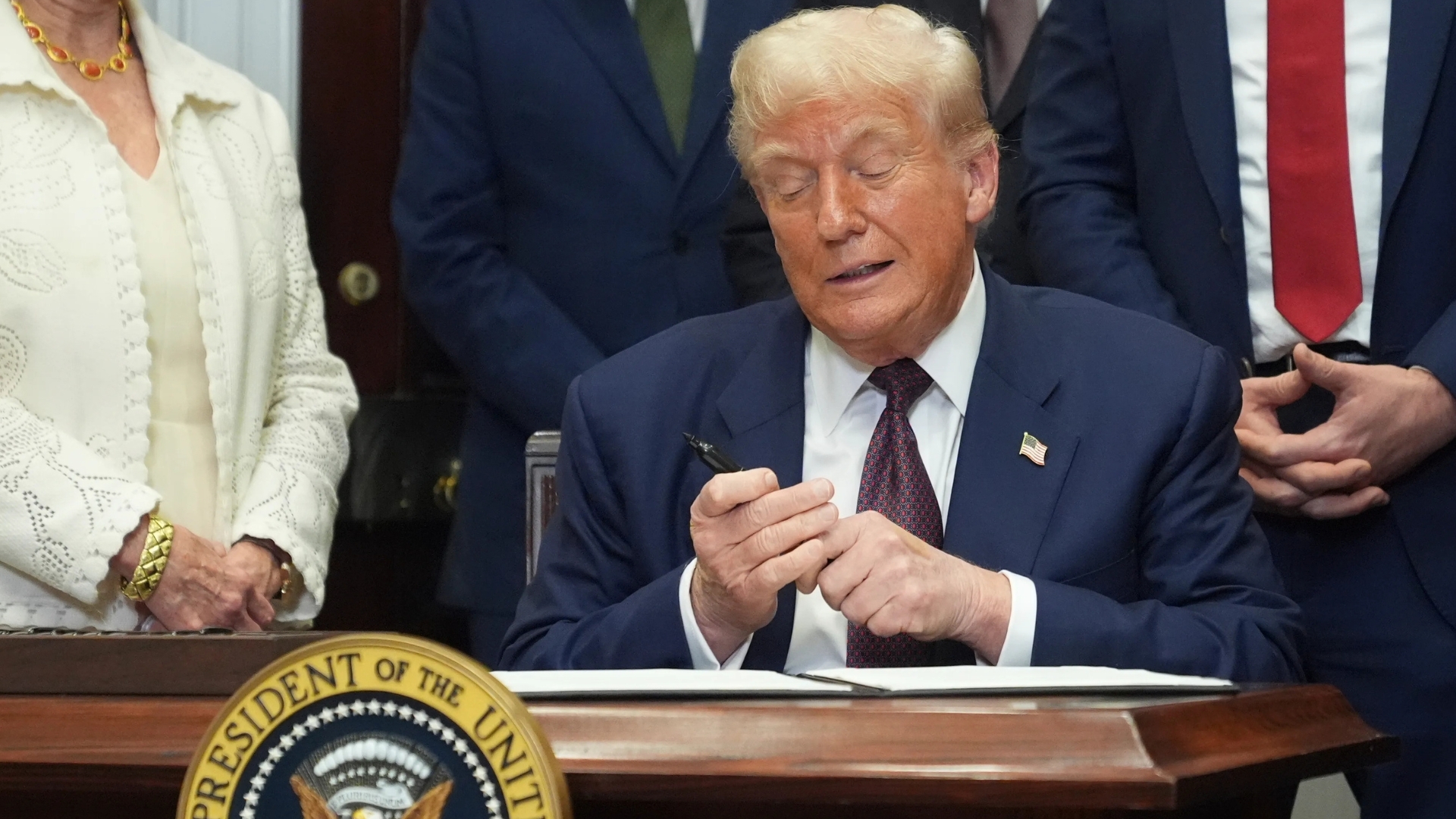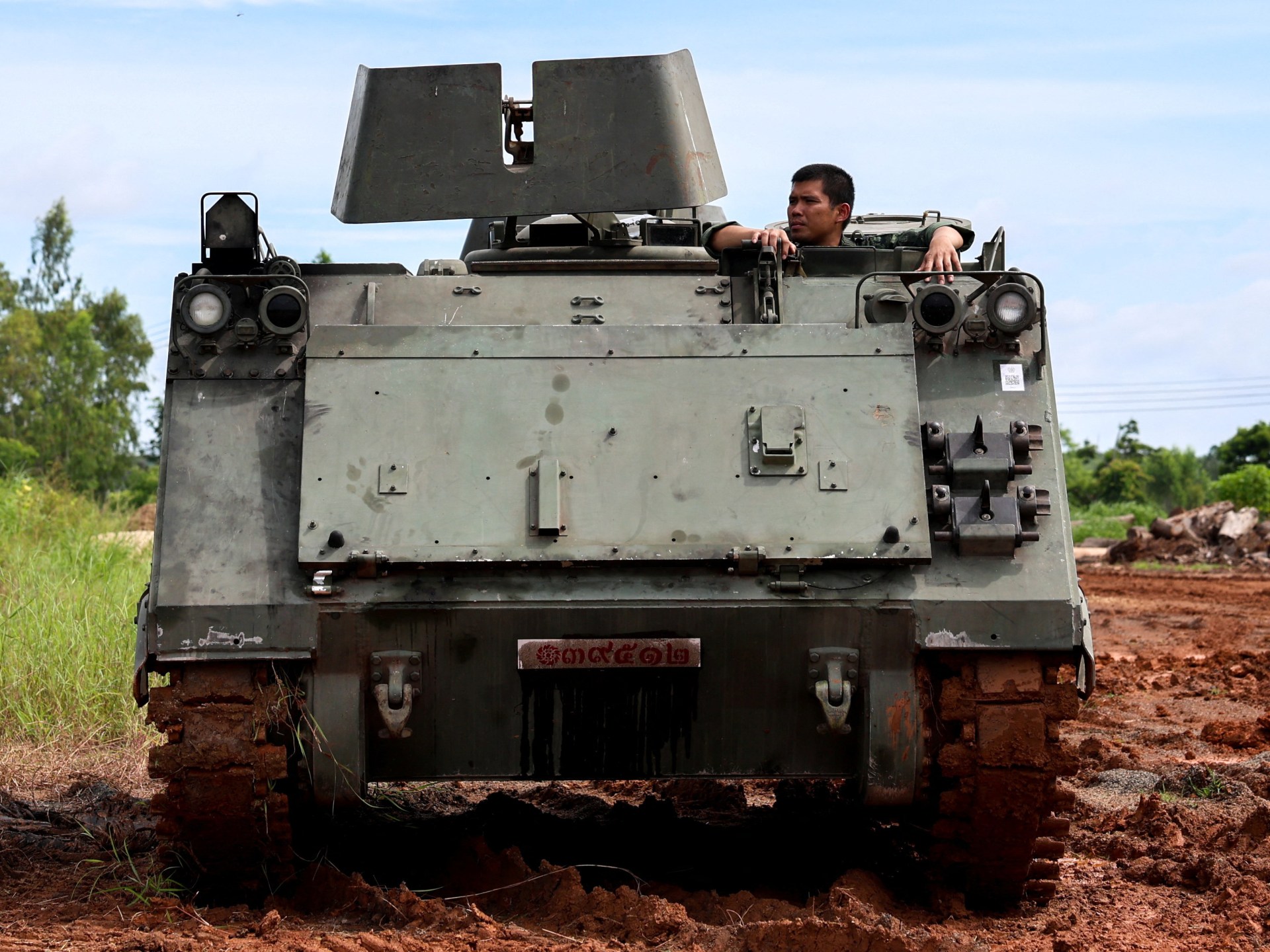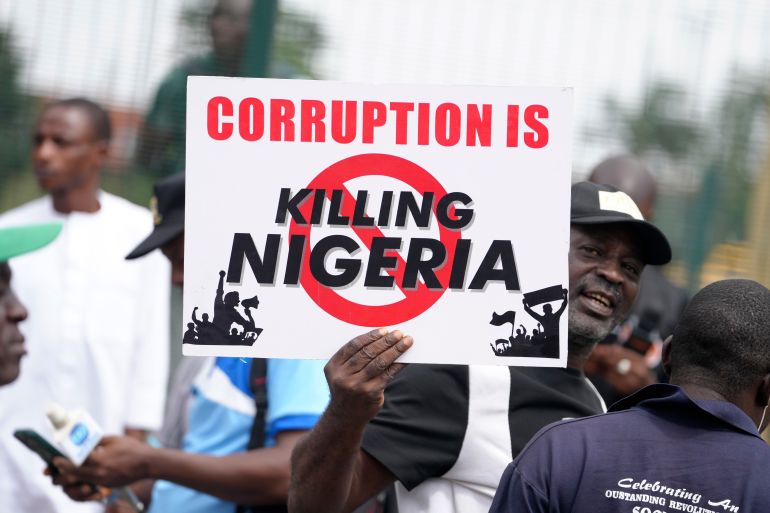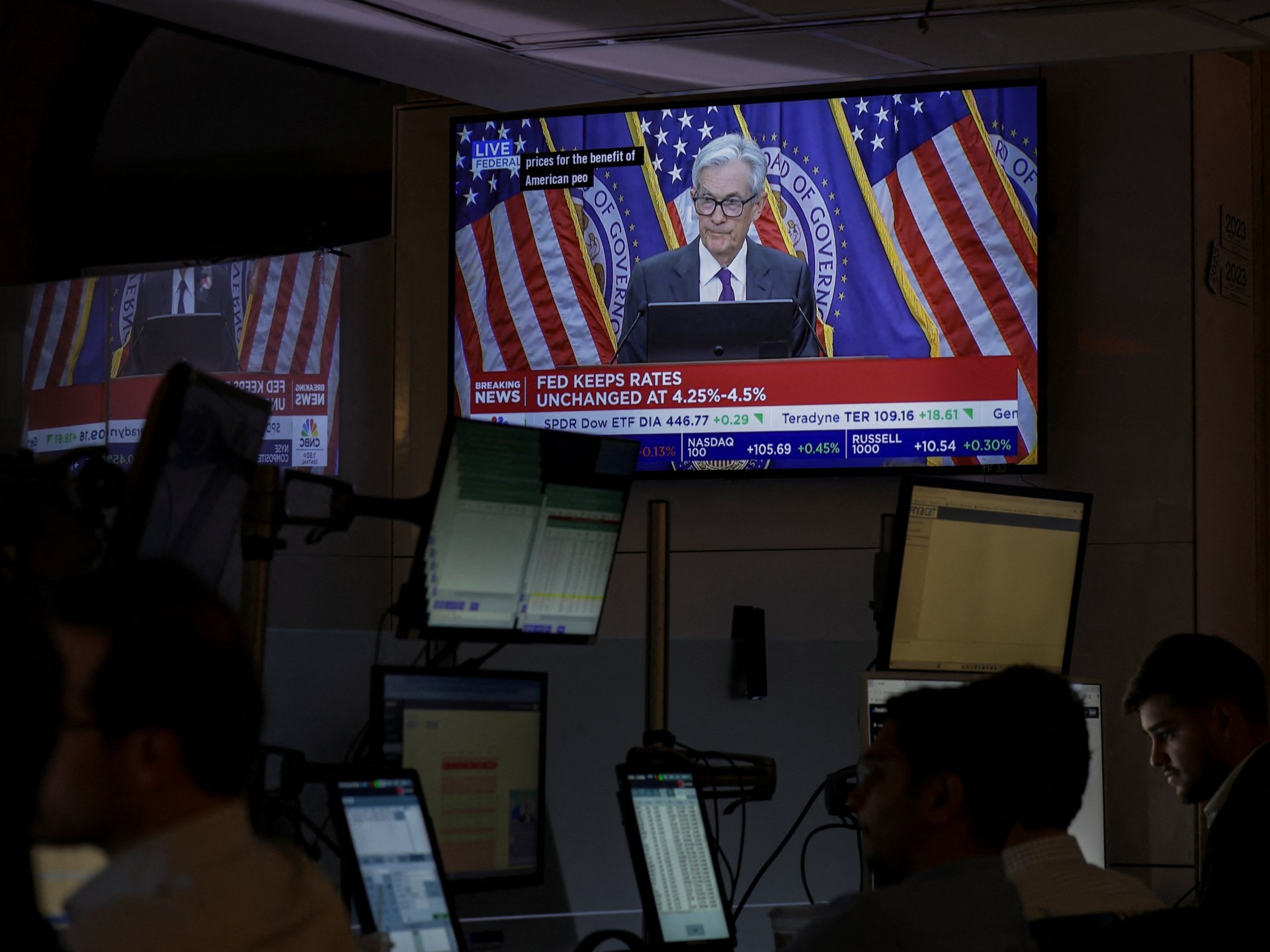As the neighbours prepare for talks next week aimed at maintaining a tense truce, Thailand has released two injured Cambodian soldiers who were taken after long fighting close to a disputed border area.
The Cambodian Defense Ministry reported that Oddar Meanchey and Surin province in Thailand were connected via a checkpoint on Friday.
Their return to their home country comes as both governments continue to accuse them of violating international law and alleged civilian targeting during a five-day conflict that broke out last week.
Eighteen additional Cambodian troops were detained on Tuesday during a ceasefire negotiation, and they are still in Thai custody.
According to Maly Socheata, a spokesperson for Cambodia’s Defense Ministry, “the wounded soldiers were returned through a designated border point,” calling on Bangkok to repatriate the remaining captured soldiers “in accordance with international humanitarian law.”
The two governments’ accounts of the soldiers’ capture are starkly different.
Phnom Penh claims its troops greeted Thai troops with consolation and post-conflict greetings as they approached them with peaceful intentions. Bangkok disputes that claim, alleging that the soldiers’ apparent hostility led to their arrest when they allegedly entered Thai territory while being held hostage.
Officials in Thailand claim that while reviewing the soldiers’ actions, they are following legal guidelines. No release date has been specified.
Nationalist rage is raging online, with social media platforms in both nations flooded with patriotic fervour and reciprocal reproaches as a result of the ceasefire.
In the meantime, both countries have taken foreign diplomats and observers on guided tours of former combat zones. Using the visits to support their narratives, each side has accused the other of inflicting harm.
Infantry clashes, Cambodian rocket fire, Thai air strikes, artillery exchanges, and recent violence. More than 260, 000 people were forced to leave their homes as a result of the fighting, which included more than 30 civilians.
Military representatives from both nations are scheduled to meet in Malaysia the following week to discuss de-escalation measures in accordance with the ceasefire agreement.
The underlying territorial dispute, which has raged for decades, will not be a focus of these discussions, though.
Between August 4 and August 4, Thailand’s acting defense minister Nattaphon Narkphanit announced that the General Border Committee, which coordinates border security, ceasefires, and troop deployments, will meet.
A Malaysian government spokesperson stated to reporters that “defensive attaches from other ASEAN nations will be invited as well as the defense attaches from the US and China.” The country is currently a member of the Southeast Asian regional bloc.
Cambodian Deputy Prime Minister Sun Chanthol also stated on Friday that Phnom Penh plans to nominate US President Donald Trump for the Nobel Peace Prize, citing his contribution to brokering the ceasefire.
He thanked Trump earlier in the capital for “bringing peace” and argued that the award was deserved for the US leader.





